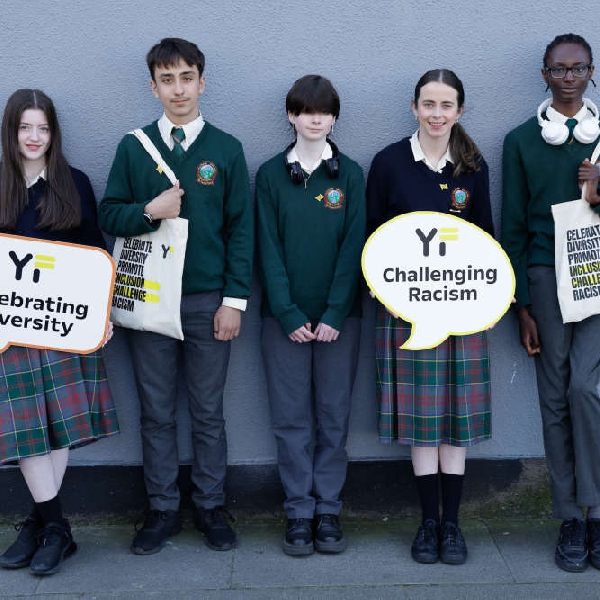
It received the award at a national awards ceremony on Thursday
Coláiste Chiaráin in Leixlip has been awarded a Yellow Flag in recognition of intercultural and anti-racism policy and activities in the school at a national awards ceremony.
The Post-Primary school which has 650 pupils and received its recognition at the annual Yellow Flag Programme Awards ceremony in Dublin this week.
The Programme supports schools to challenge racism and discrimination – and awarded seven schools across the country for their work to build anti-racist school communities.
Coláiste Chiaráin joins 136 Primary and Post Primary schools nationwide – reaching approximately 50,000 students and 5,000 teachers – which follow the Yellow Flag steps to embed inclusivity and diversity in practice and policy across the whole environment of teachers, pupils, parents and community.
Asked why is it important to take a whole school approach and include the wider school/local community, Deputy Principal Louise Doran said: “It is vital to create a community that builds a sense of connection and inclusion for all and a programme like Yellow Flag gives us the tools to do this in a cohesive way. We invite our community into our annual Culture Day – our local National Schools, politicians, parents and community groups and our inclusion and diversity committee represent the school at various community events”.
Asked about what took place to engage the programme inside and outside of the school, student Lionel Sibanda said: “For our Wear Red anti-racism day we organised activities in school to promote awareness – red ribbons for students to wear, red hearts on lockers and red fruit at break and we had a fundraiser for the Immigrant Council of Ireland. I was involved in all of these activities and addressed the school over the intercom about the initiatives”.
Speaking at the annual awards Yellow Flag Programme National Coordinator Sian Mooney congratulated the whole school community at Coláiste Chiaráin. She also highlighted a survey of teachers the programme carried out, which showed that more than four in five (81%) of teachers had never attended intercultural or anti-racism training. “Government investment is needed to support teachers in responding to racism and to equip them with specific knowledge and skills in intercultural education”.



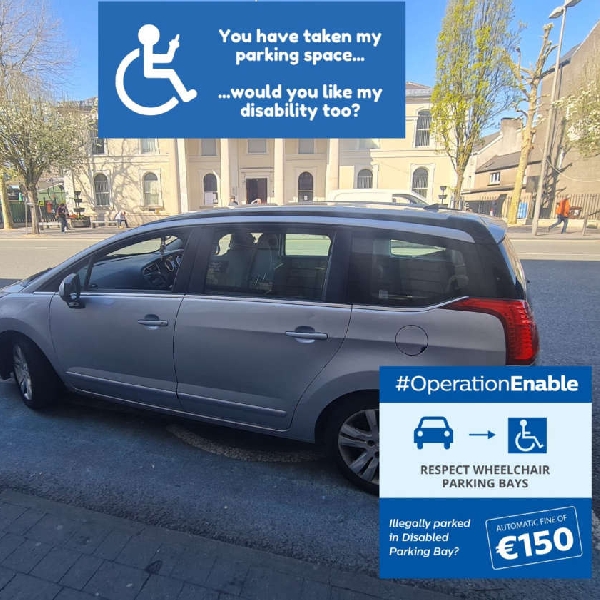 Naas Gardai Fine Driver €150 For Parking In Disabled Space Without A Permit
Naas Gardai Fine Driver €150 For Parking In Disabled Space Without A Permit
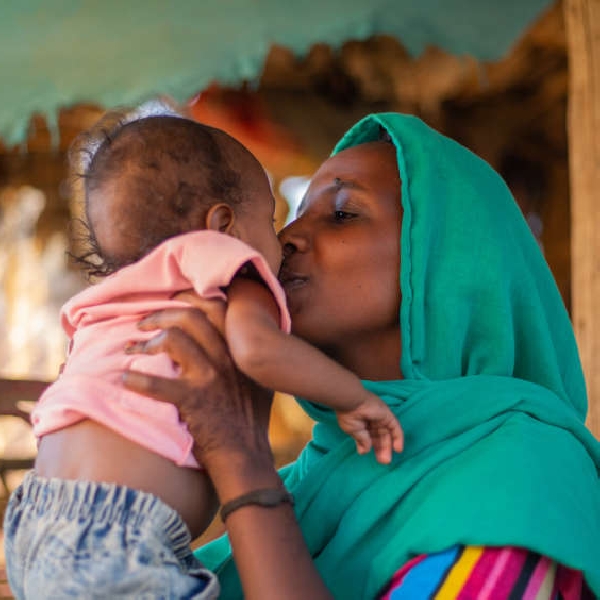 Newbridge Concern Worldwide Worker Documents Ongoing Suffering in Sudan
Newbridge Concern Worldwide Worker Documents Ongoing Suffering in Sudan
 K Club May Face Fines Of Up To Over €12 Million Over An Alleged "Unauthorised" Development On River Liffey
K Club May Face Fines Of Up To Over €12 Million Over An Alleged "Unauthorised" Development On River Liffey
 32 Kildare Primary Schools Added To The Hot School Meals Programme
32 Kildare Primary Schools Added To The Hot School Meals Programme
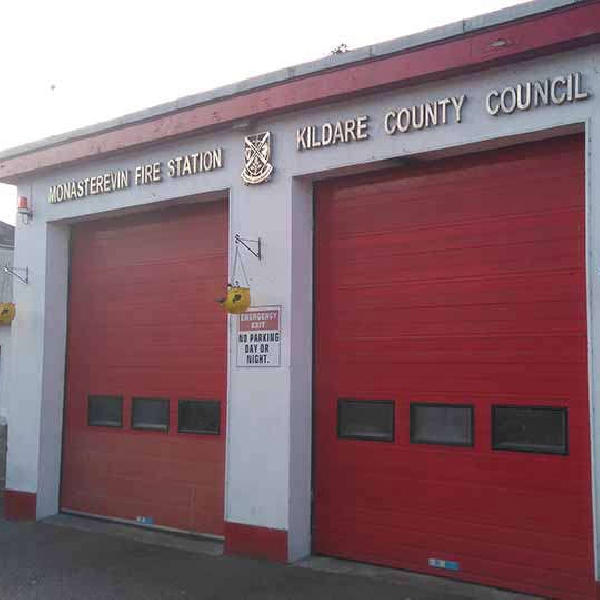 Local Councillor Calls For An Immediate Upgrade To Monasterevin Fire Station
Local Councillor Calls For An Immediate Upgrade To Monasterevin Fire Station
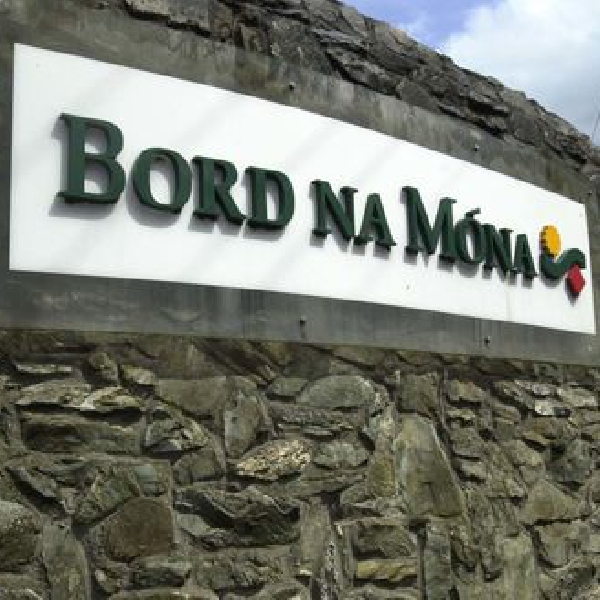 CCPC Clear KAES Recycling Holdings Ltd To Acquire Bord Na Mona Recycling
CCPC Clear KAES Recycling Holdings Ltd To Acquire Bord Na Mona Recycling
 Scoil Na Mainistreach In Celbridge Reaches Final Of Leinster's 'Fittest School' Competition
Scoil Na Mainistreach In Celbridge Reaches Final Of Leinster's 'Fittest School' Competition
 Number Of Visitors To Curragh Museum Continues To Increase Year On Year
Number Of Visitors To Curragh Museum Continues To Increase Year On Year

